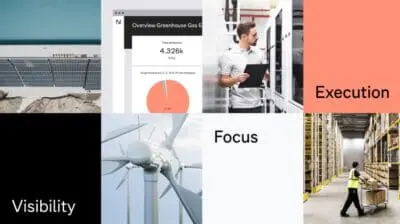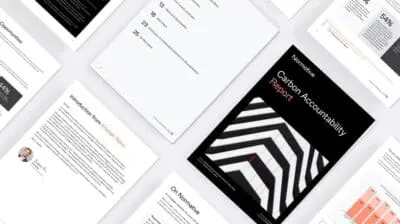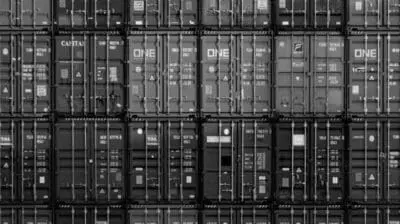A decarbonization community for sustainability professionals
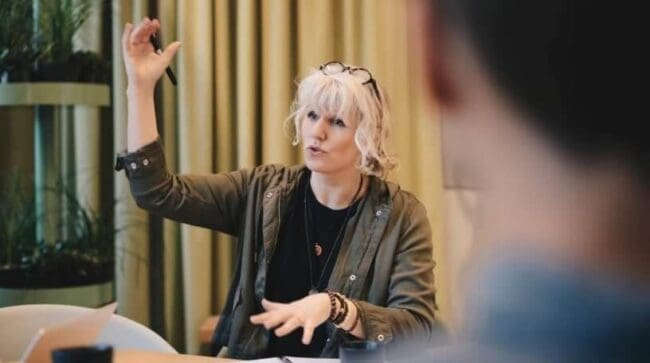
“The path to net-zero emissions is not a path that can be traveled alone.”
Carbon accounting is rapidly evolving. Tools are being refined, best practices are emerging, and industry leaders are distinguishing themselves. It can be challenging for businesses to track developments and implement cutting-edge practices.
The Normative Net-Zero Community keeps sustainability professionals up-to-date with the latest in decarbonization and enables peer-to-peer knowledge sharing – which is vital to accelerating progress toward net zero.
In this interview with Maggie Buggie, Chief Operating Officer at Normative, learn why it’s necessary to collaborate on the path to net zero and what business benefits can be found along the way.
Why is a decarbonization community needed?
“No business is an island. To successfully decarbonize, businesses need to think beyond their own activities and address the upstream and downstream emissions in their value chains. In fact, for most businesses, the value chain is responsible for the vast majority of carbon emissions – usually around 90%. Therefore, it’s where businesses can drive the most significant carbon reductions.
Collaboration drives impactful action
However, these reductions require close collaboration. For example, if I’m a sustainability manager at a large retailer and much of my value chain emissions are coming from my upstream suppliers, I will need to work with those suppliers to enable them to reduce their emissions. Or I’ll need to find other suppliers with smaller carbon footprints. Either way, it’s immensely valuable to learn from other sustainability managers who have been in my position or who are currently in my position, to find out how they’re going about it – as well as to hear from other suppliers about their incentives and needs.
Simply put, the path to net-zero emissions is not a path that can be traveled alone. Bringing sustainability peers together for knowledge-sharing will empower every contributor to make progress more quickly and more effectively.”
What will sustainability professions find in this community?
“The Normative Net-Zero Community offers periodic meet-ups, expert-led webinars, and informative newsletters. All of these events and educational materials are focused on enabling businesses to decarbonize.
Those are the tangibles – but much of the value will be in the way the members of the community empower each other to drive real change in their organizations, accelerating progress toward climate goals while earning competitive advantages along the way.”
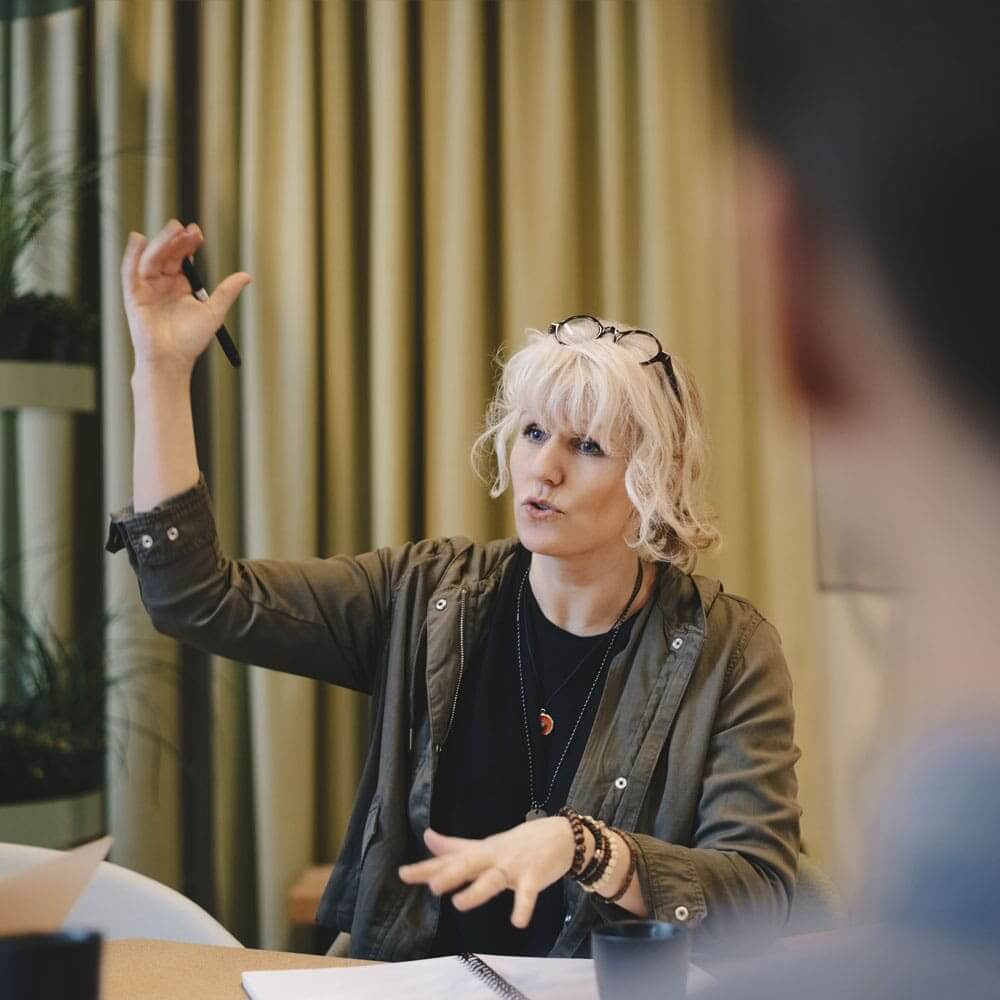
Join the Normative Net-Zero Community
A free community to connect with industry peers and learn how carbon accounting can empower you to decarbonize your business.
What are the competitive advantages of carbon management?
“The value of a robust climate strategy goes beyond sustainability. Organizations that effectively manage their carbon will protect themselves from reputational risks like unintentional greenwashing. They also equip themselves to stay compliant with the carbon reporting requirements they currently face from lawmakers and investors, and those that they’ll face in the future, as the demand for sustainability reporting increases.
For example, Hitachi Rail came to Normative looking for help calculating and reporting its emissions, specifically in scope 3. The company had millions of lines of transaction data from over ten thousand suppliers spread out all across the globe – which made calculating scope 3 emissions manually a daunting task, if not an impossible one. But by using automation-backed carbon accounting, Hitachi Rail calculated its full scope 3 emissions in a time-efficient manner. This led Hitachi to be able to produce an annual report on its emissions in only two weeks’ time, as well as to identify high-emitting suppliers in its value chain.
Carbon management unlocks competitive advantages
Carbon management doesn’t just help businesses avoid risks, it also unlocks opportunities. When businesses inventory their carbon emissions – especially those in their value chain – they gain valuable insights into their operations, empowering them to lower energy costs, reduce waste, and improve supply chain efficiency. In one more example: another of our customers – the enterprise-sized field service provider Eltel – used its carbon calculations to optimize the driving routes for its technicians, minimizing time costs while saving fuel.
And finally, at a time when it’s increasingly important for businesses to be seen as sustainable, businesses that can reliably share their carbon data will be able to verify their climate work and therefore increase their attractiveness to consumers and employees.”
Join the Normative Net-Zero Community
The Normative Net-Zero Community offers informative newsletters, expert-led webinars, and periodic meet-ups to keep you up-to-date with the latest in the industry.





